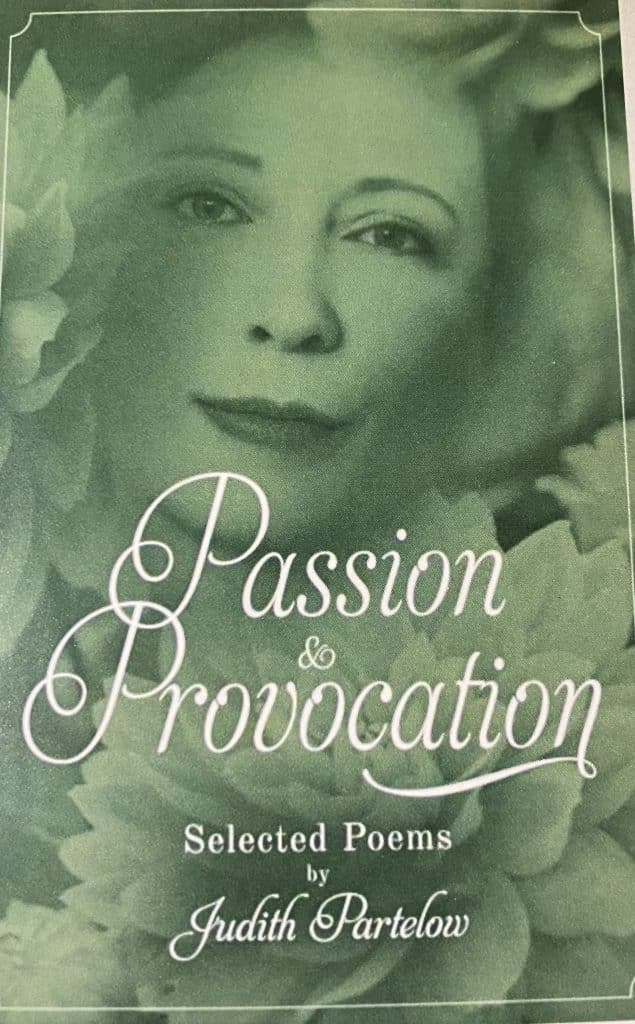by Lee Roscoe
Judith Partelow is multi-talented: poet, playwright, actress. As a mother of three, grandmother of six, a Baha’i faith leader who has been an English and acting teacher, a theater and arts reviewer for Cape newspapers, and worked for Cape Cod Hospital in three different jobs over 20 years – she’s led a full life beautifully expressed in her new collection of poems Passion & Provocation.
Partelow’s 154 honest and open poems divided into thematic sections, look at love, marriage, divorce, birth, death, faith, sex, memory, daily chores, sometimes contrasting personal history with public history and themes. Several have been published in anthologies and journals, won prizes, and a good many were part of her unique and well-received play A Woman’s Heart which was performed between 2017 and 2019 in numerous Cape venues. (Full disclosure, this writer and Partelow have worked with each other in the theater.)
She grew up in New Jersey in what she calls “a typical family of the 1950s and 60s,” the eldest of three children, her mother a homemaker, a dad who sold real estate, burdened she says, with the old attitude to women that they shouldn’t go to college because, “they’d be lousy homemakers and anyway all they looked for at college was a MRS. degree.” They were upwardly mobile, moving from working-class to upper-middle-class Bucks County Pennsylvania —until her father left her mother, who suddenly had to learn to drive and to enter the workforce. Judith, in college then, escaped some of the heartache, finally understanding that “My dad just couldn’t commit to marriage.”
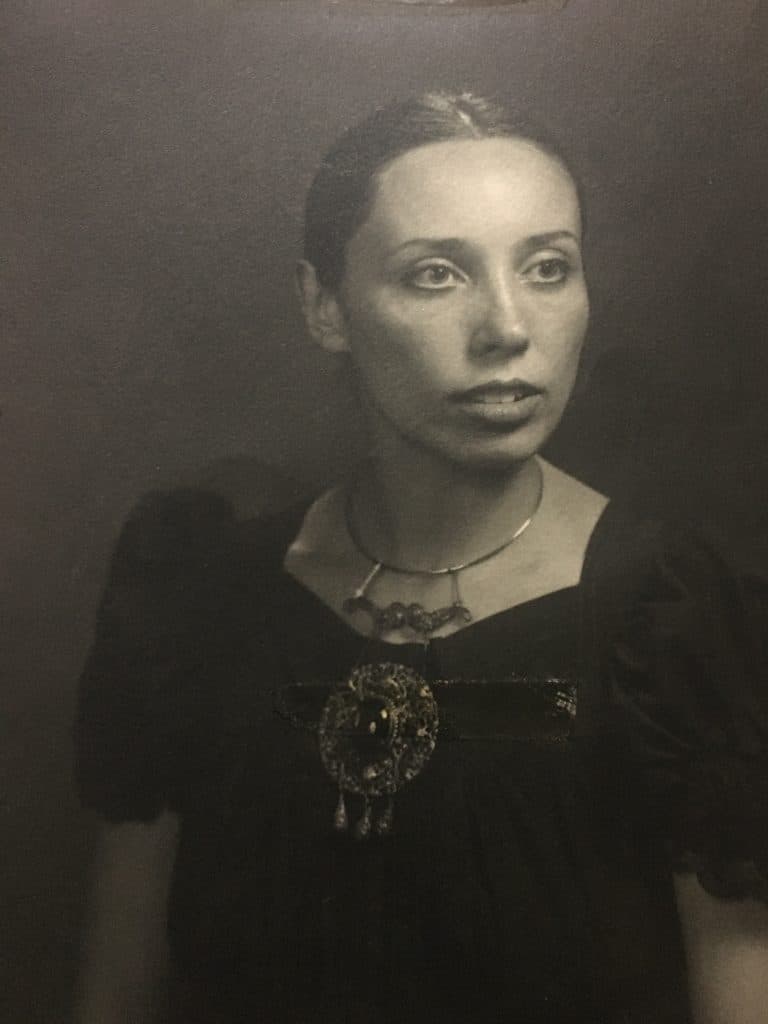
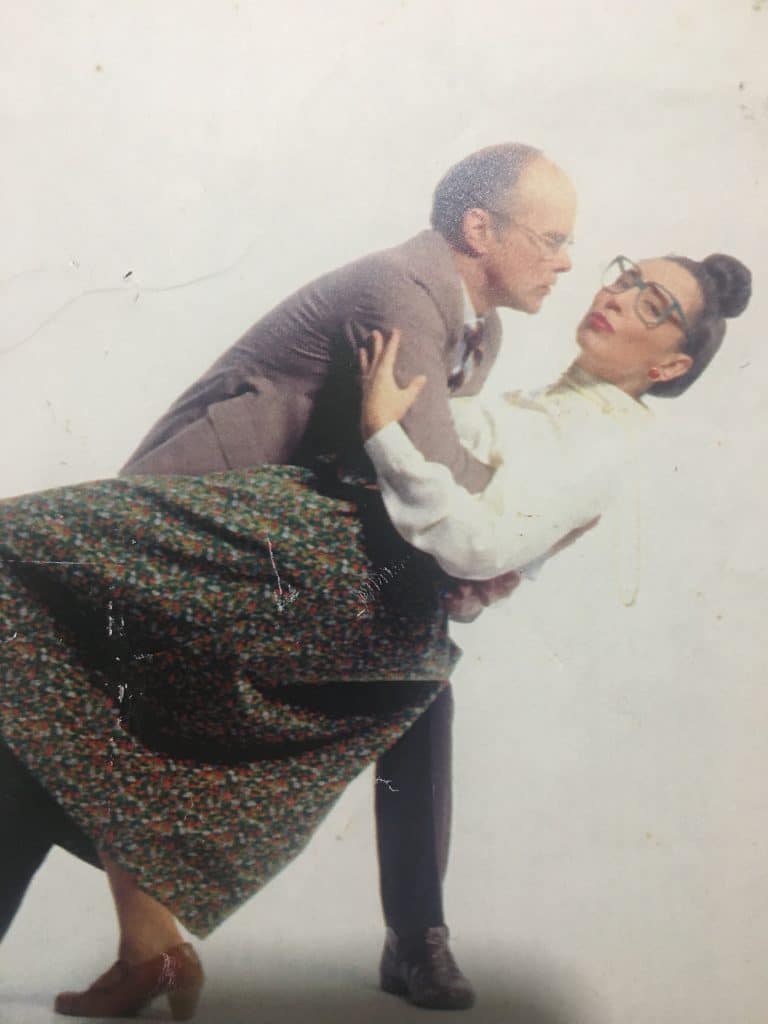
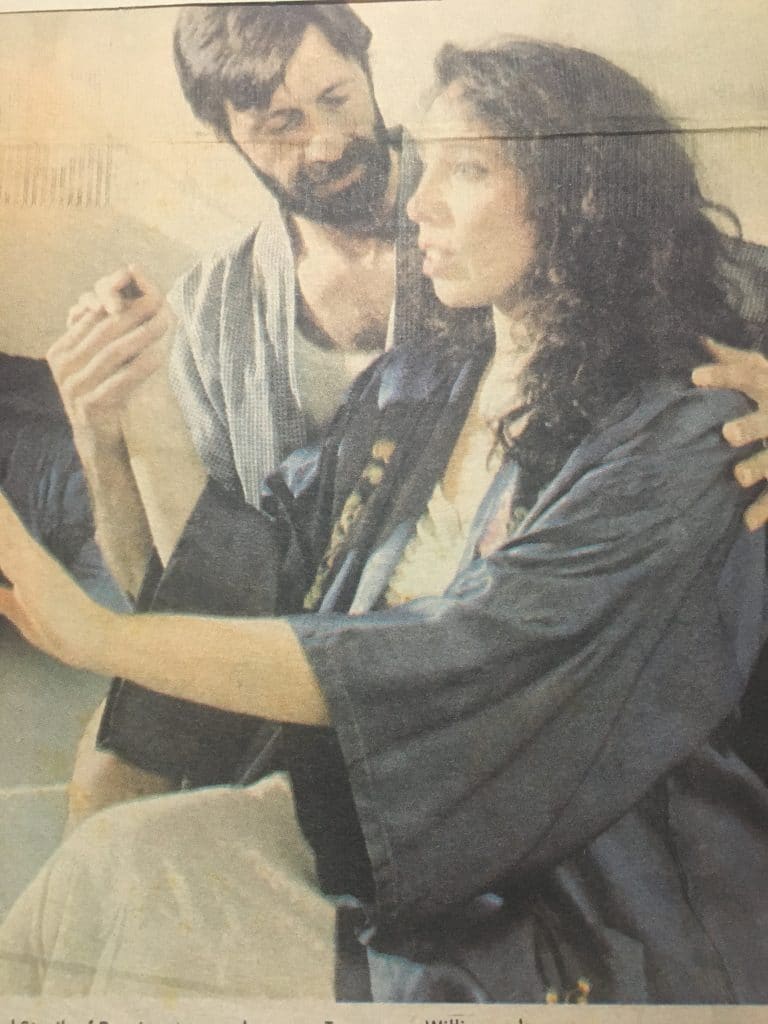
Her poems reveal her dad as a World War II veteran, and her mother as someone who made elegance out of scraps. Regarding representing her family in poetry, she says, “I tried to be kind because my parents are responsible in large part for who I am. And I had a wonderful childhood, there was no abuse, or anything bad.”
Partelow herself has been married three times. She’s still in touch with her first husband and credits her current husband, Thom Slayter, an alcohol and drug counselor, with encouraging her to create the book of poetry. Sex, attraction, and the subtly erotic play a big part, as in “Connection,” where a love at first sight is ruined when she suddenly sees that he is “not alone.” Or in “Safe Harbor” where the light she shines represents her lover’s brilliance coming through her (as he seeks someone other than she.) Sometimes love works, sometimes not, as in the charming “Foreclosure,” where the house and the love fall through simultaneously, or “Heart of the Matter,” where she plays on the word heart starting with “Can a broken heart break another heart?”
She writes of writing itself. In one poem she says she likes straightforward poetry, not cryptic, and her own is direct but not dull. In “Moments” she exalts those fragments of images that make up our memories and quotidian life, but unlike so much of modern poetry, which brings transcendence down to plainsong, there is some music in hers.
“I don’t have a degree in poetry. I didn’t study it specifically,” she says. So, while some of her work seems to take the shape of villanelle, sonnet, or sestina, it’s just her native artfulness. Whether she is praising the order of her kitchen drawer, her growing tomato babies, or watching flowers be transmogrified into nests, the detail is precise, original, and often humorous—sometimes with charming rhymes, sometimes unrhymed.
Poetry can function like prayers to get you through life; her book is a bit like that, with malice towards none and compassion for all. Active in promoting tolerance among all ethnicities and races (reflected not only in her poetry, but her play Neighbors, a docudrama developed with an AFCC grant, which selected and dramatized tales of prejudice from the Cape community), she credits the Baha’i faith she discovered in 1969 with supporting her quest to find something that “is inclusive of all mankind,” rather than fostering separation, which she says traditional religions seem to do.
The creative urge popped up in her when in elementary school when she says she “woke up with a complete poem in my head about my mother for Mother’s Day.” She showed it to her teacher who was so moved she asked if she could give it to her own mother. That encouragement set her to continue writing as a high-school honors student, and in college, always excelling in English, writing for school magazines. Pressed by sorority sisters to send poems to the Saturday Evening Post, their rejections (she laughs) also urged her to keep writing.
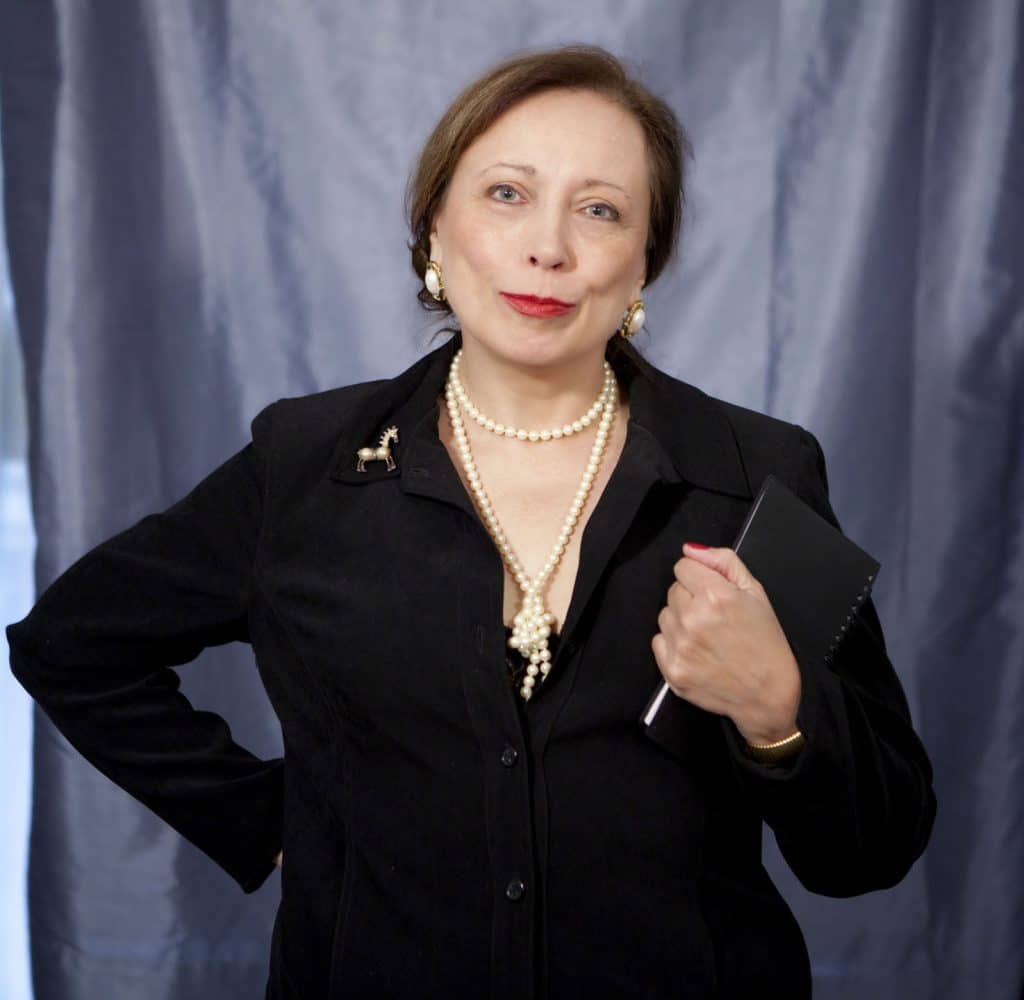
Her other creative self-discovery was the ability to act. Always religious, she prayed to God that if she got a part in the Madwoman of Chaillot in college she’d become an actress. She got the lead and rave reviews. Soon after, she and her first husband moved to the Cape where he had a job, and after many appearances here in theater and getting her Actors Equity union card, he supported her aspirations to a real acting career, moving to Maryland and Florida where Partelow worked professionally in theater and commercials. Trying, at last, New York in her thirties, casting directors told her she was too old and that she was not all-American enough, that she looked too ethnic. Also disillusioned with the sexual come-ons of New York producers, the family returned to the Cape in 1985 where Partelow has performed scores and scores of times in every theater here, has done a ton of professional film work as a SAG member, and has a “thick book (she puts her hands about a foot high) of reviews, write ups and pictures.”
Her acting work informs her poems: “I think the vulnerability I show onstage, which people remark on, gives me permission to be vulnerable in my writing.”
She put the book together because, she says, “I had such a huge collection of poems I wanted a bigger collection than my two small chapbooks, something to leave behind.” She comments in one poem that hers is “an unremarkable history” yet isn’t she a kind of “every woman” for all of us?
Judith Partelow’s new book, Passion & Provocation is available wherever books are sold, both in print and as an audiobook on Audible. She will be reading from it at the Truro Public Library, 7 Standish Way, North Truro, on Tuesday, July 16, 6 p.m. For more information call 508.487.1125 or visit trurolibrary.org.

